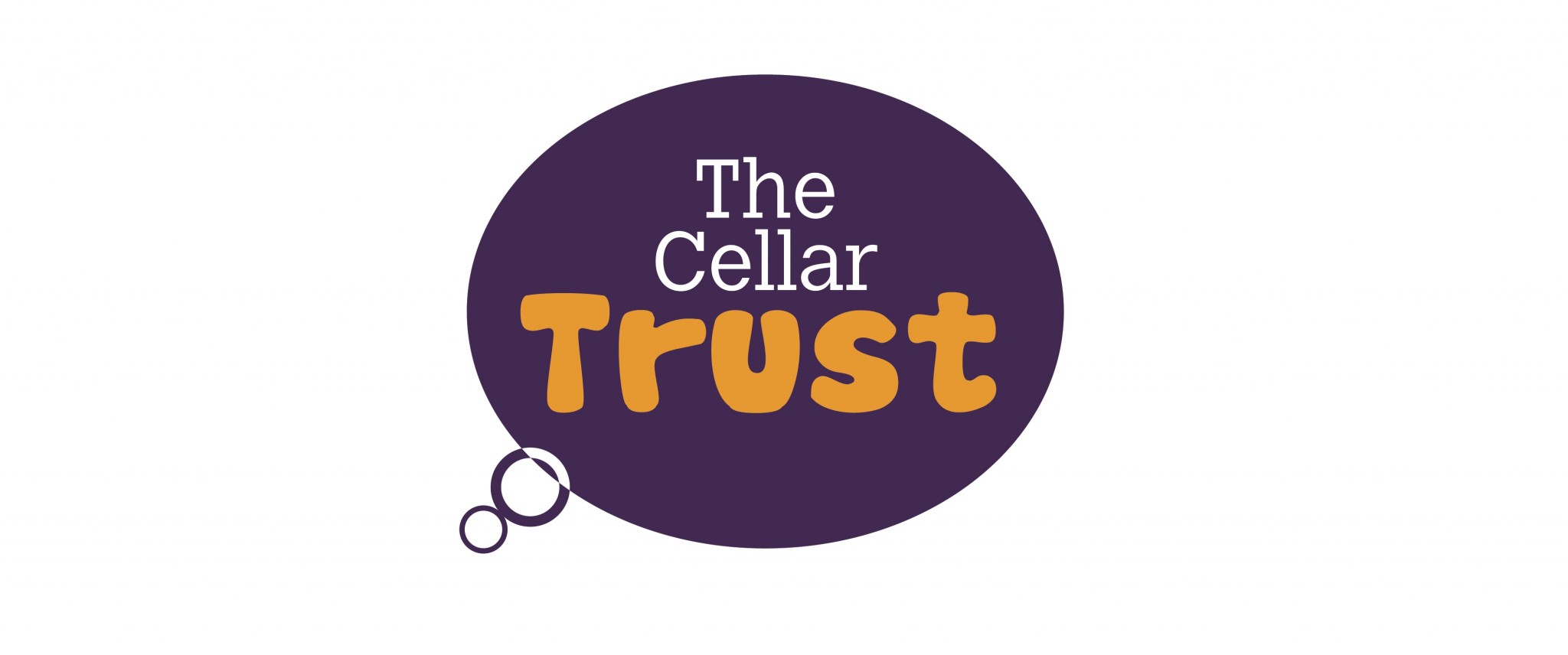When Simone Biles, the American gymnast, took a step back during the Tokyo Olympics this summer citing that she needed to focus on her mental health, I listened carefully. She wasn’t the first sports person to hint at the crushing pressures that being at the top of your game can bring. But it came in the middle of the most celebrated, anticipated and prepared-for sporting event. Athletes are expected to be at their very best physically and mentally so that they can achieve their dreams of an Olympic medal. The idea of winning at all costs suddenly didn’t sound so enticing with the backdrop of mental health. So, to me it was telling, so very insightful, that even with all the preparation in the world, an athlete was struggling with her mental health. There’s no medal for breaking your spirit or crushing your soul and I think Simone Biles realised that.
I don’t think I have heard the words ‘mental health’ pop up in the press as much as it has in recent months. Perhaps because everyone was faced with mental health challenges of their own in those dark days of spring 2020 and the many that followed, when there was no end in sight. People reported low mood, lack of sleep, feeling isolated and lonely.
There’s a lot to be said about a shared experience. Hearing another person express the same or similar challenges makes us feel that little bit less alone. And let’s face it mental health or ill health can be very isolating. So, it stands to reason that when we see a successful athlete share her mental health challenge it had an impact and a welcome one at that. Mental health challenges can affect us all at any time and in any number of ways. Being able to address it, express it and not be seen as ‘other’ or ‘different’ has to be one of the few positives that came out of a terrible year.
I think we have all learned over the last year that strength is not just about powering through the tough times. It’s in knowing when to take a step back and evaluate what’s important. Accepting that we can’t control everything and we don’t have to pretend to either. That giving yourself permission to slow down and take your time could be the best thing for you.
It raised an uncomfortable question for me though. We aren’t all on an Olympic team. When someone is dealing with crushing mental health issues are employers in a position to support their staff? What would happen if you took a step back to recover? Would it be accepted and supported or would you fear for your job? Are we using our shared experience of the last year to try to better understand and address the mental health challenges that people face all around us?
I hope that the debate continues. That people continue to stand up and talk about mental health in all areas of life. That we will always be able to open up in the way we have recently.




